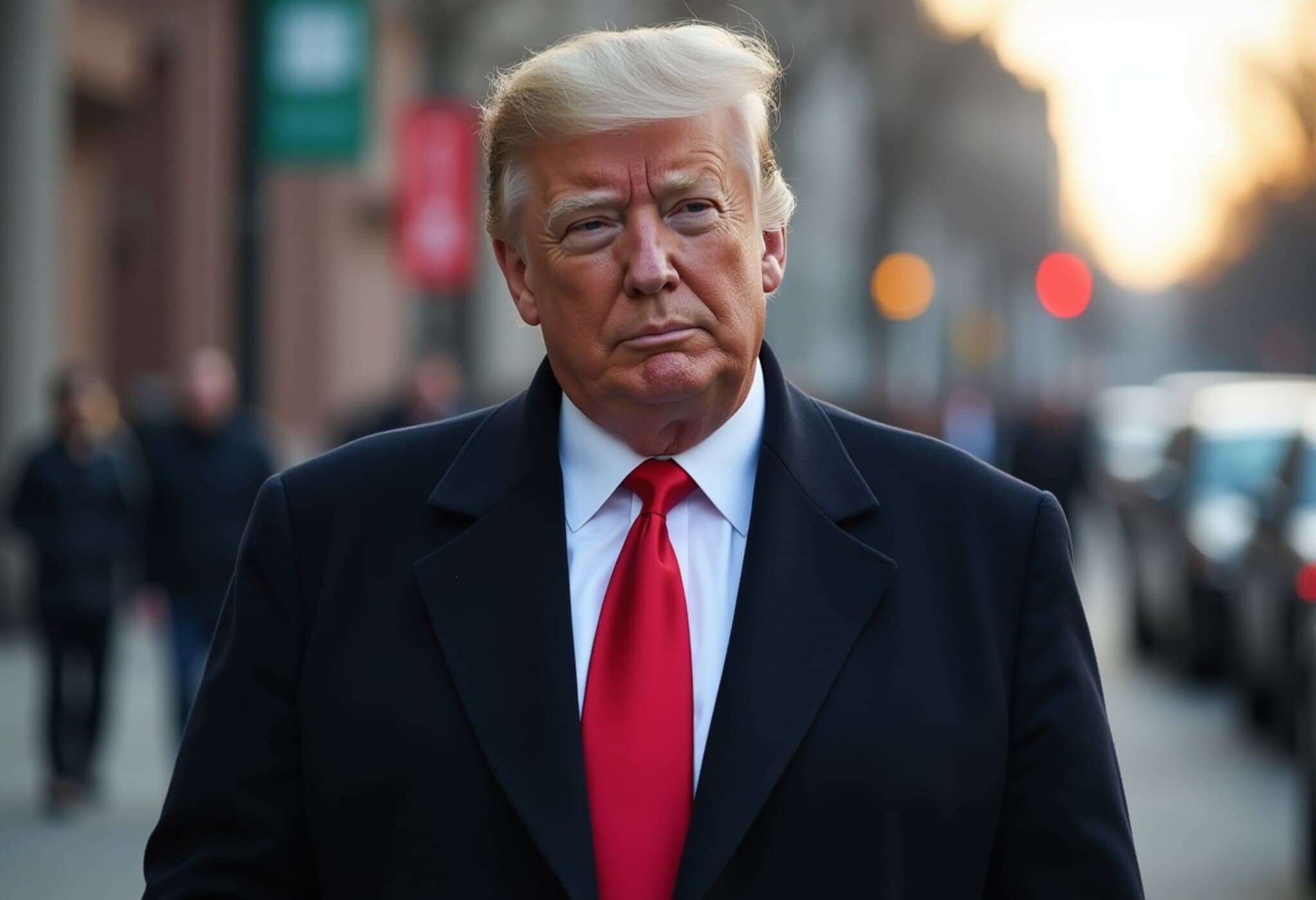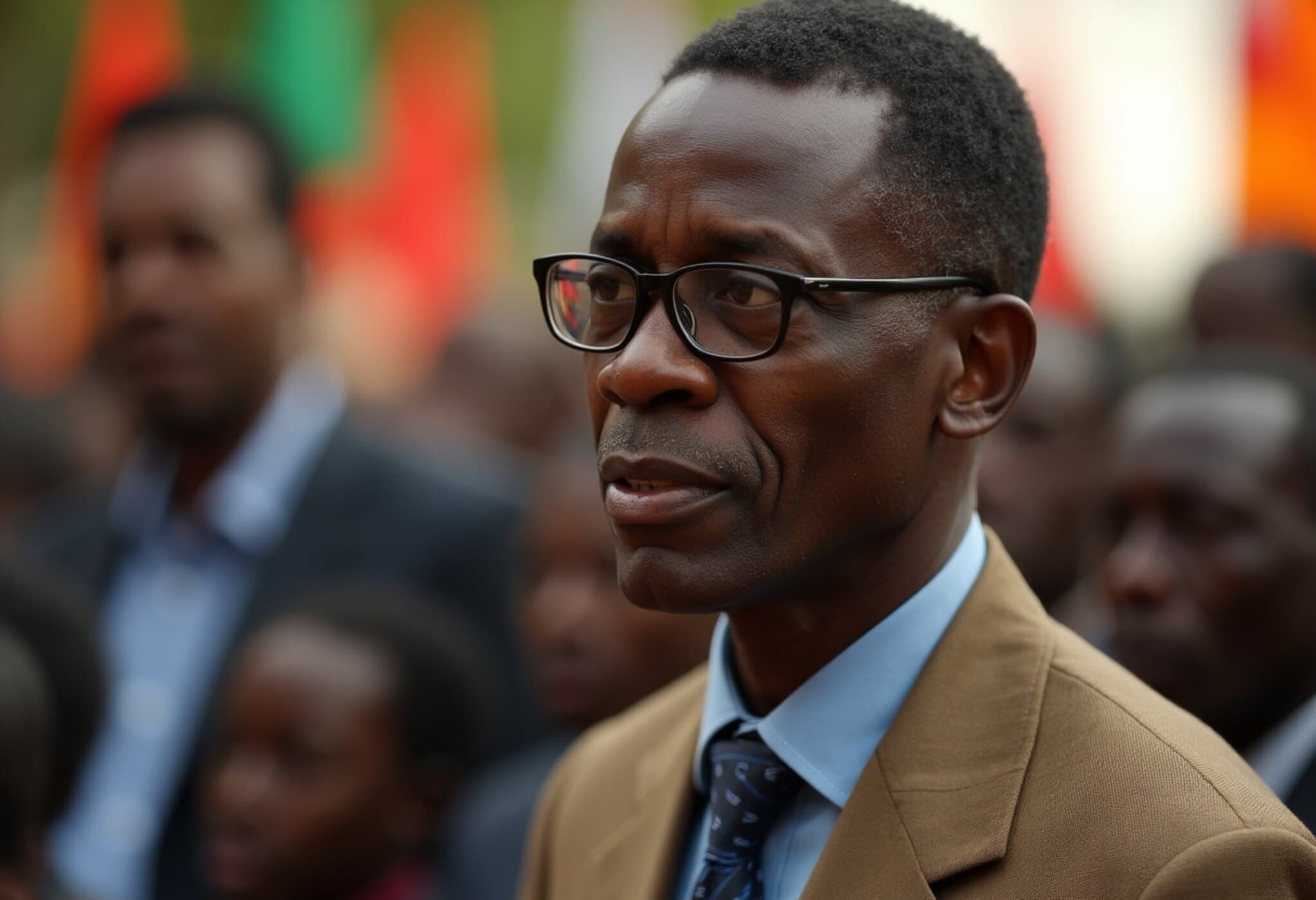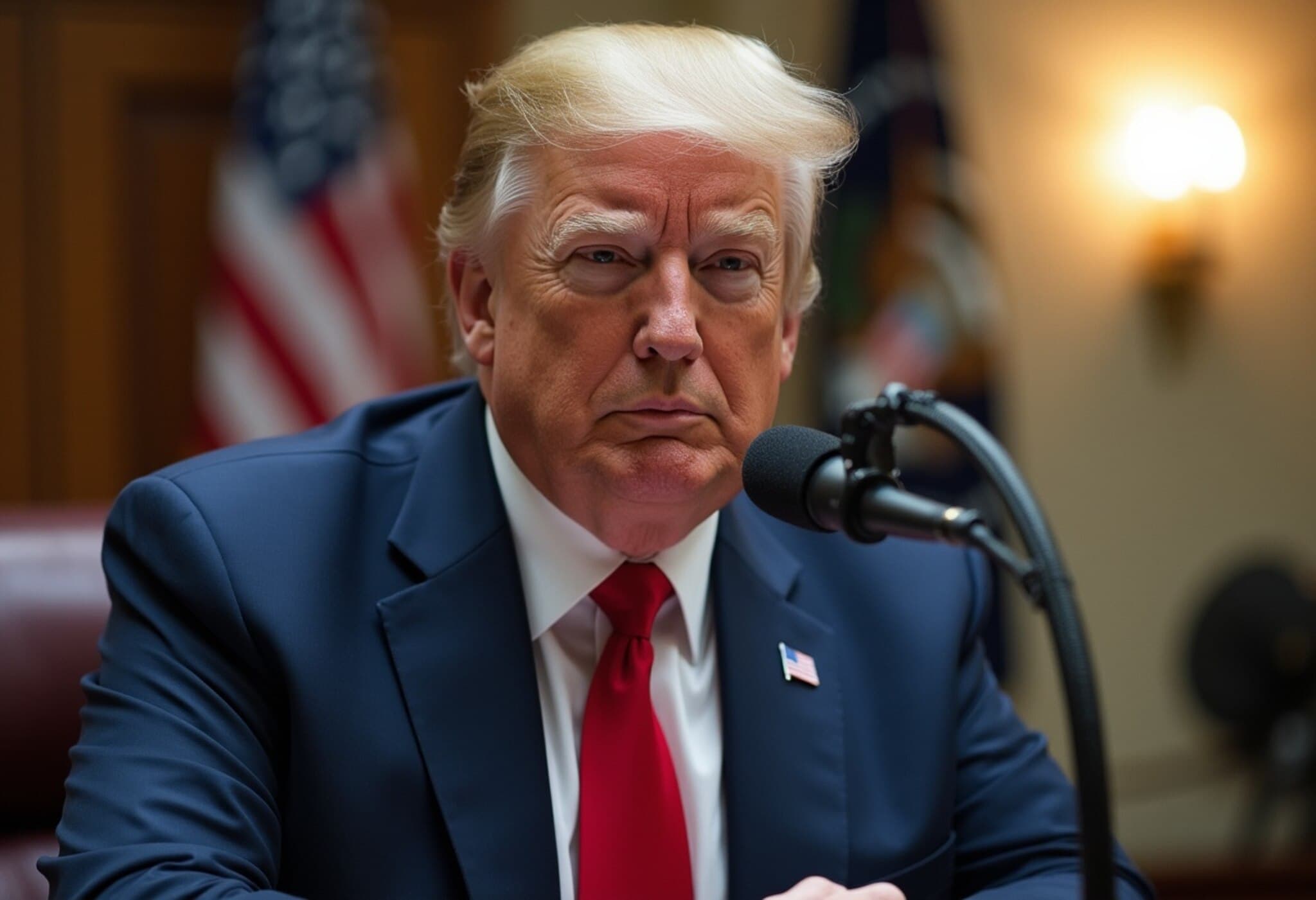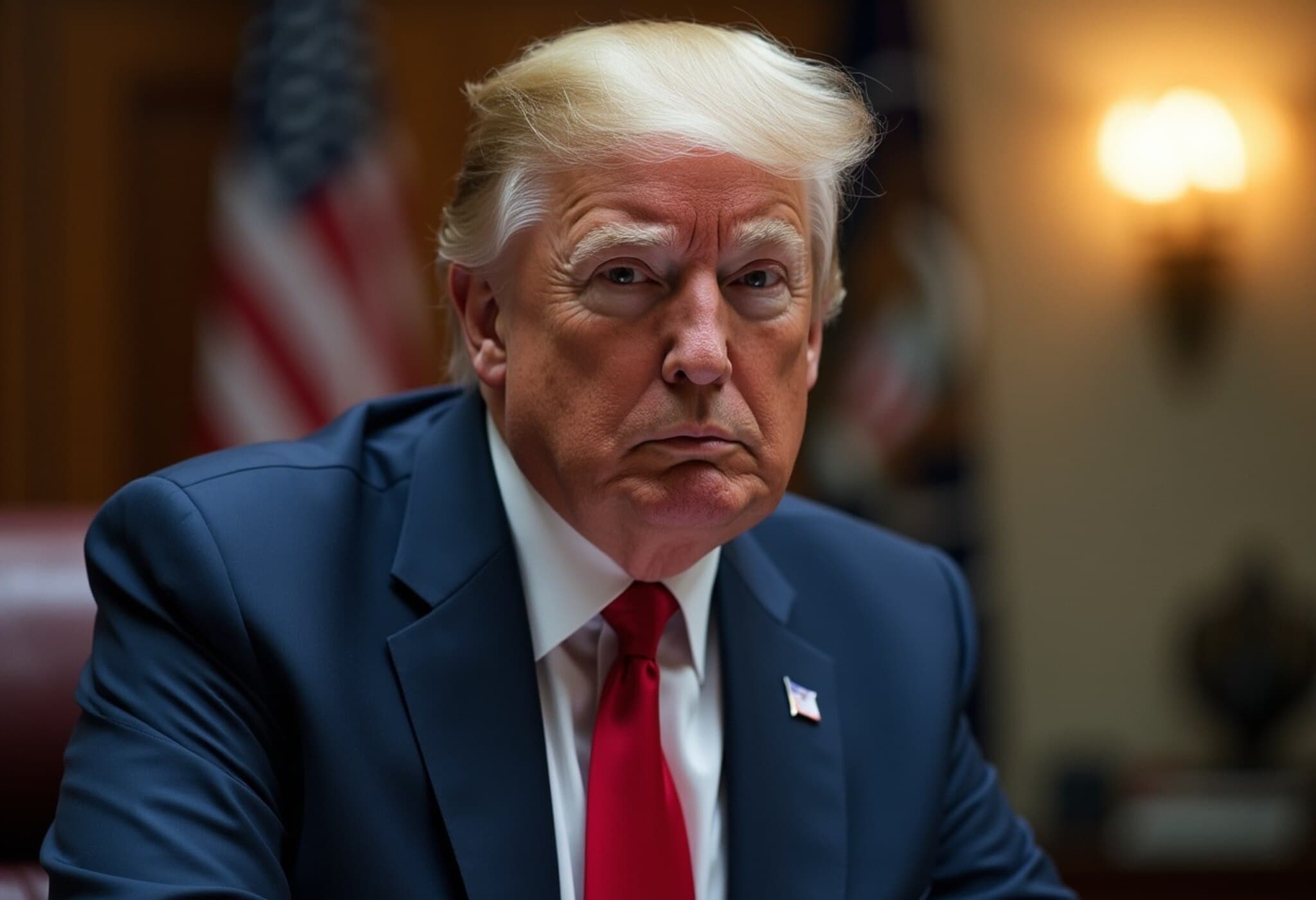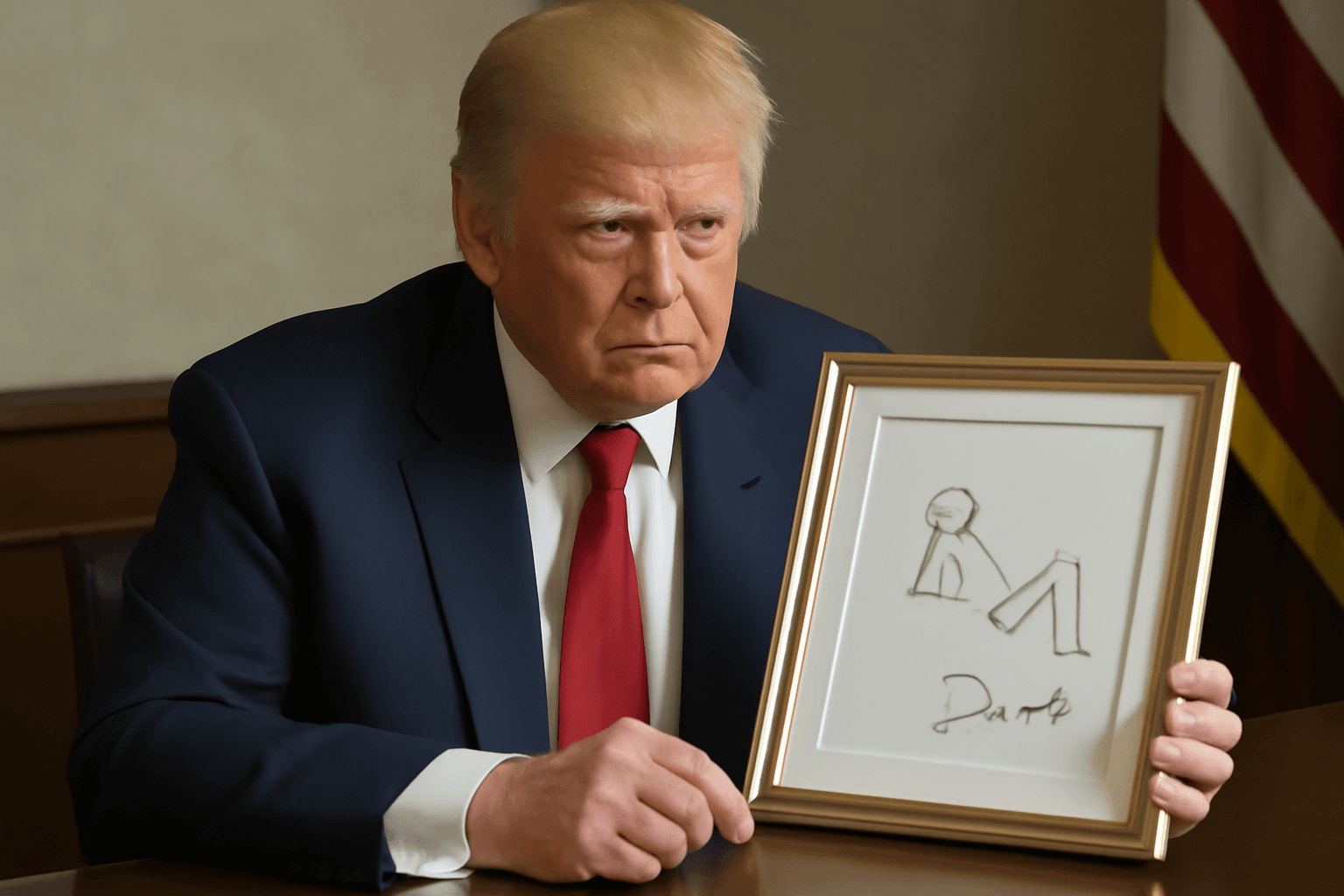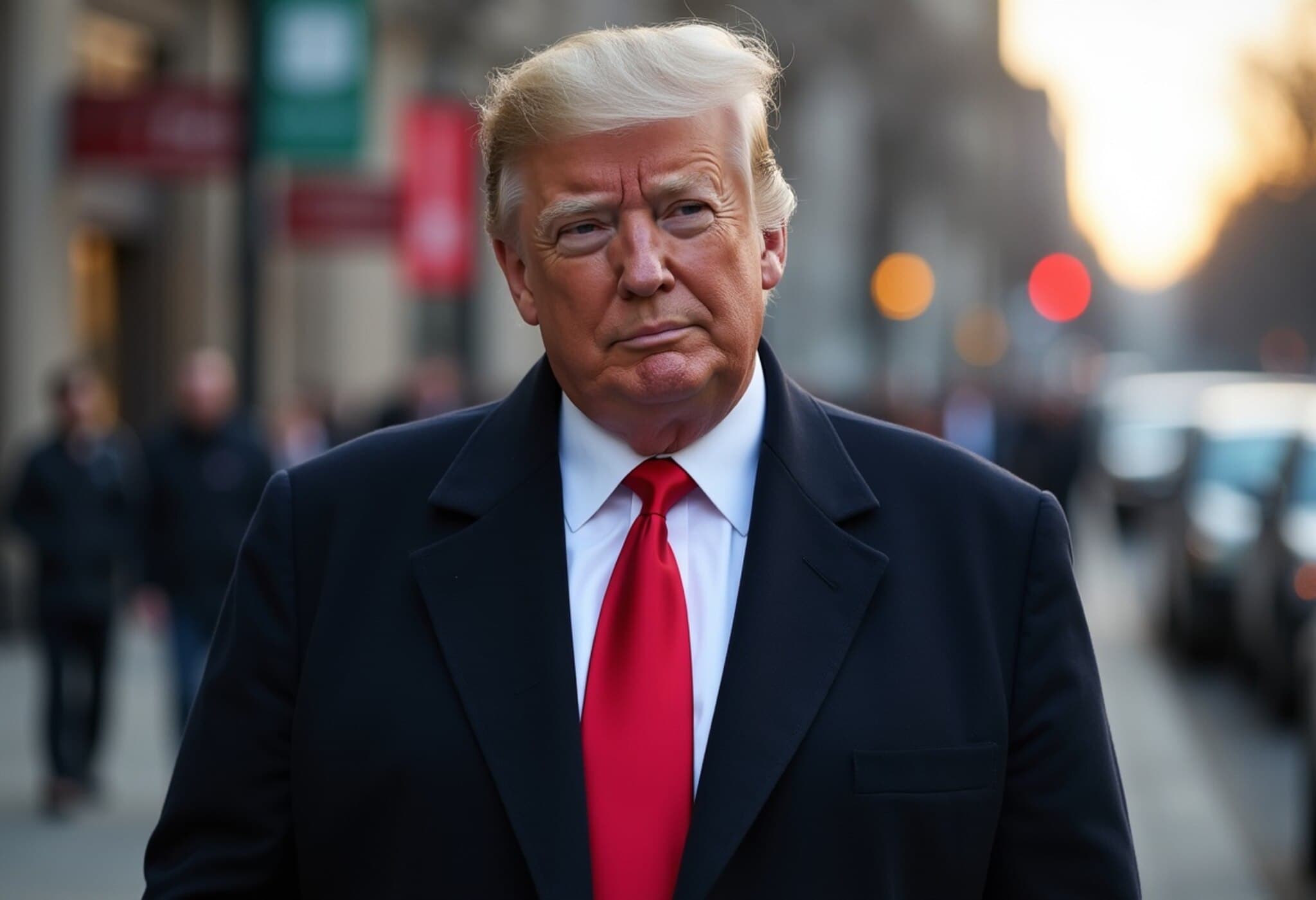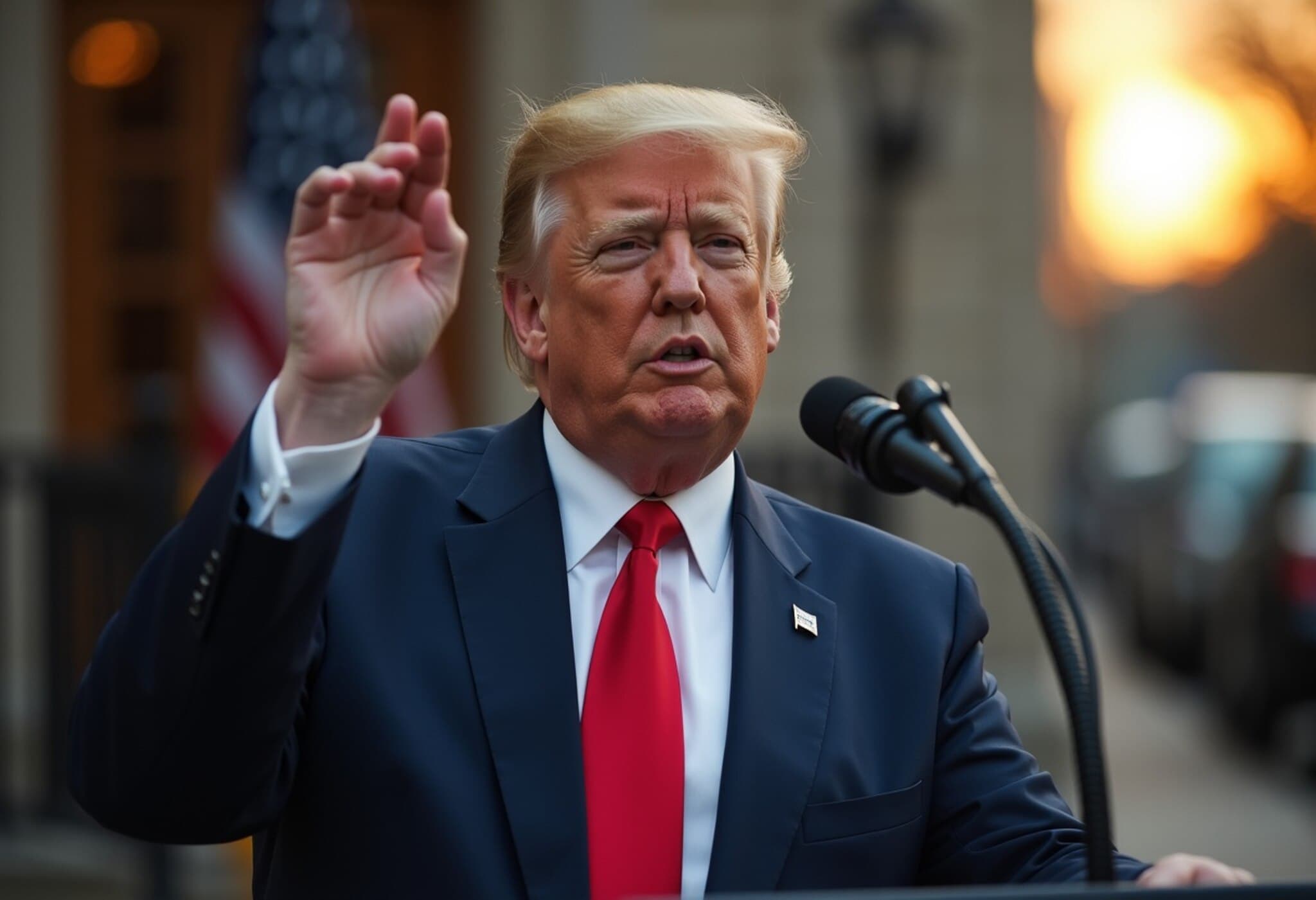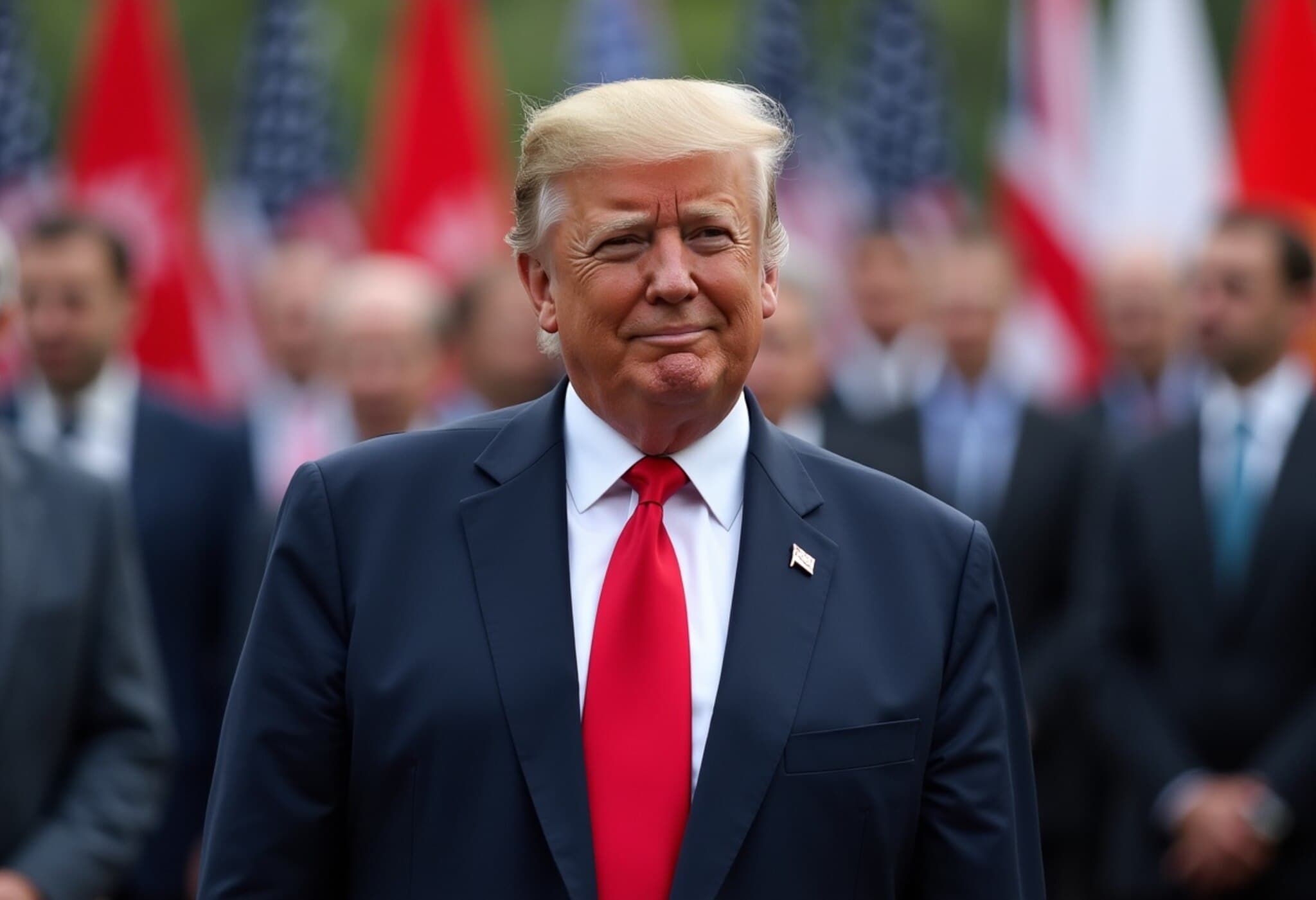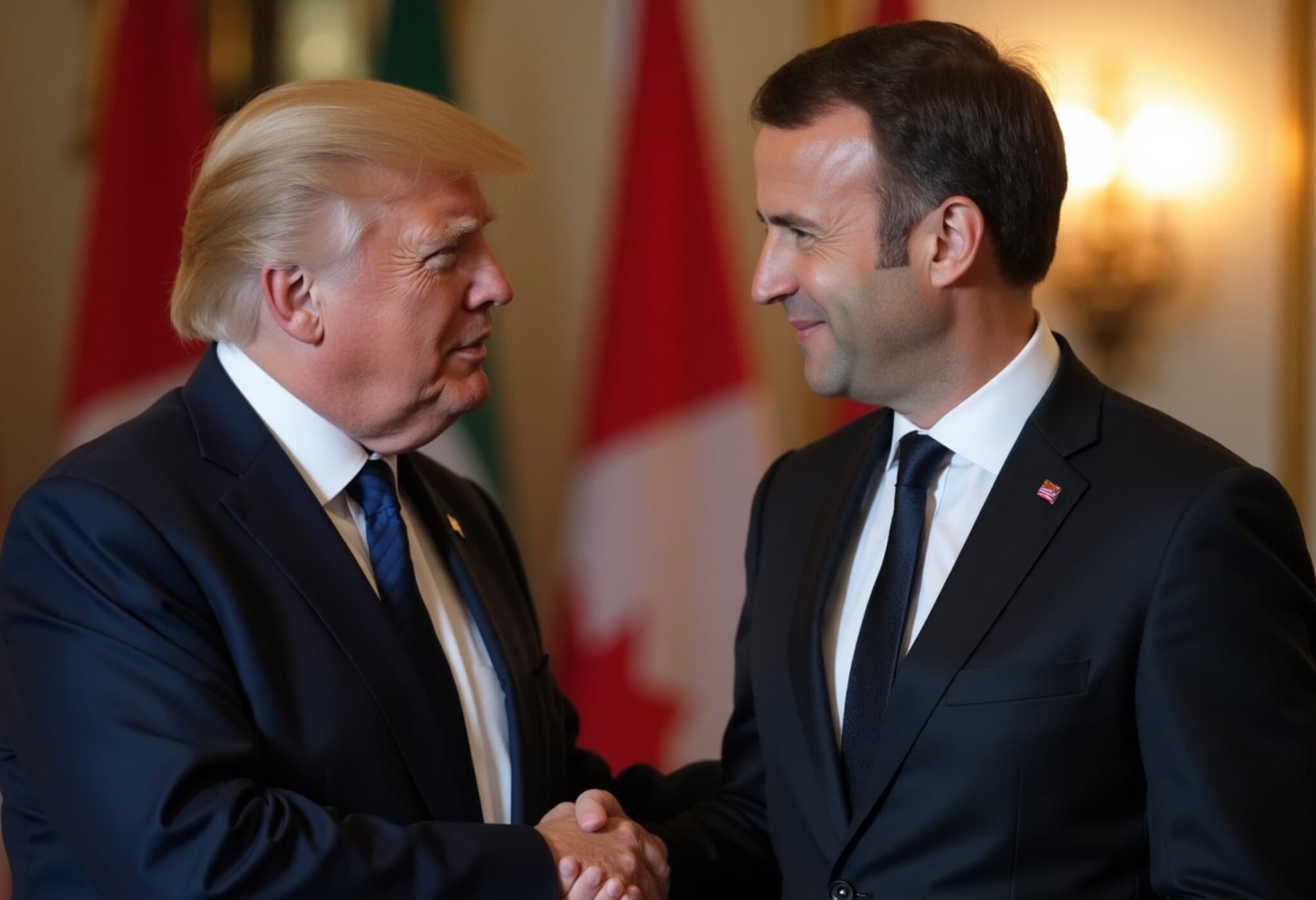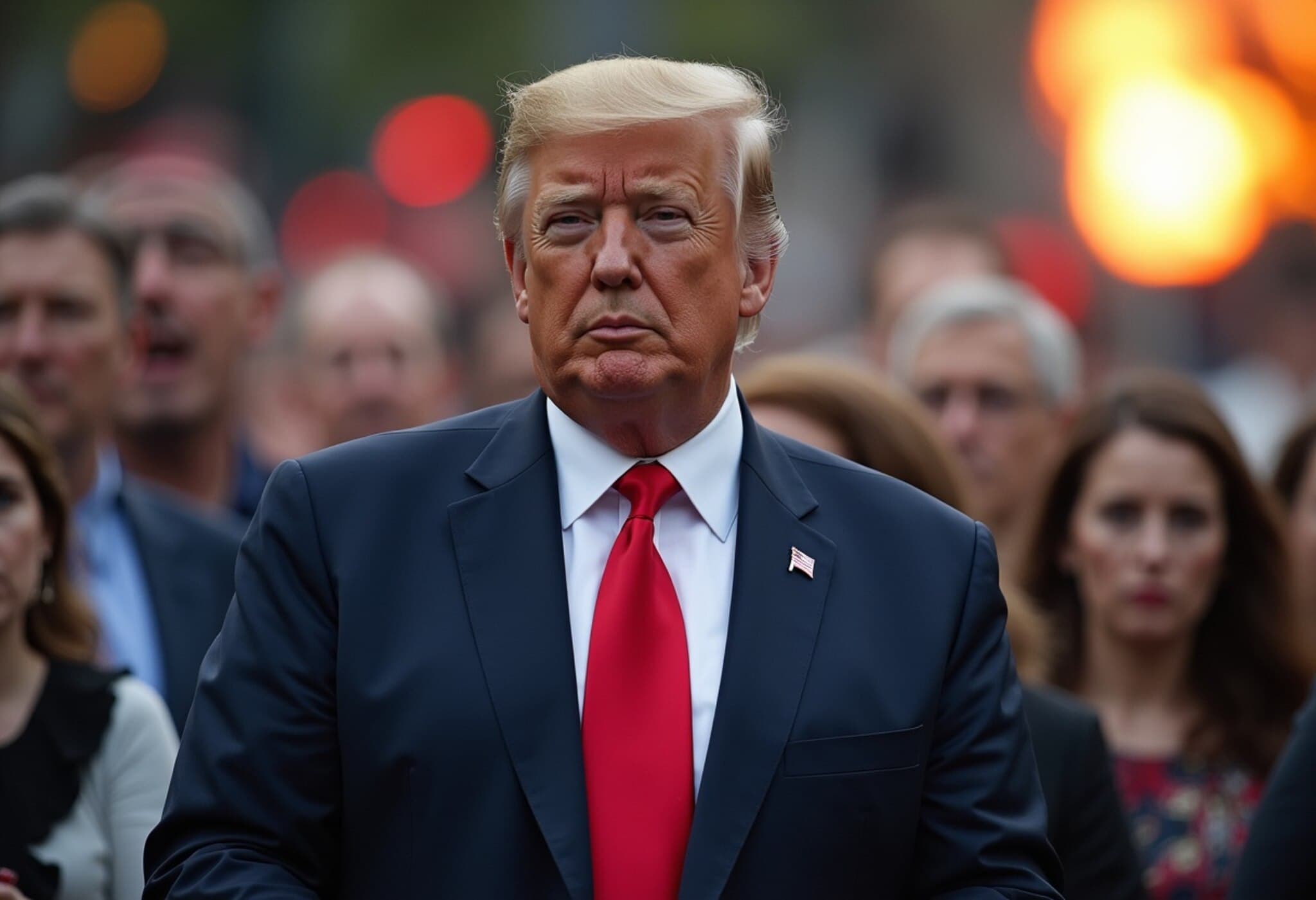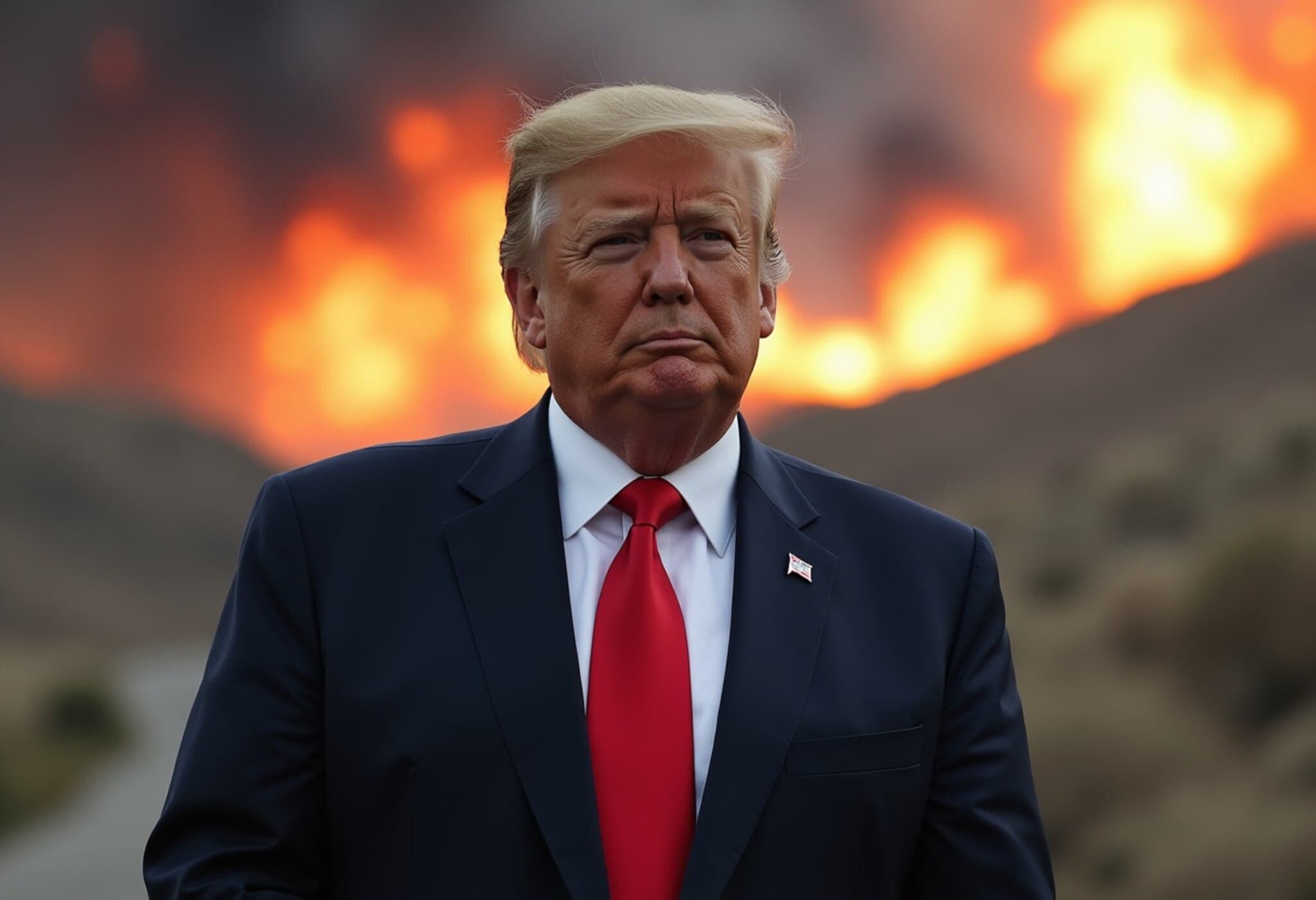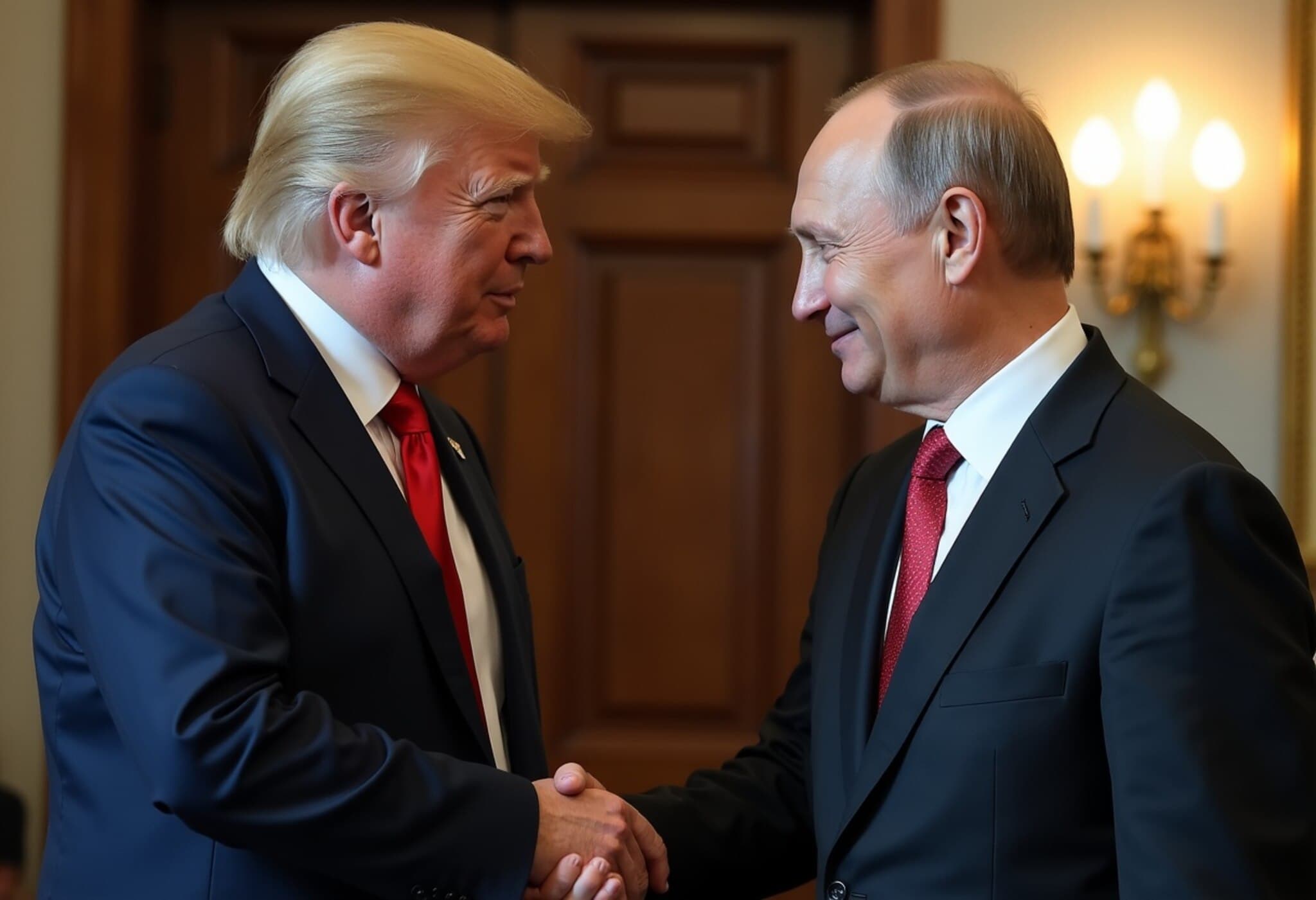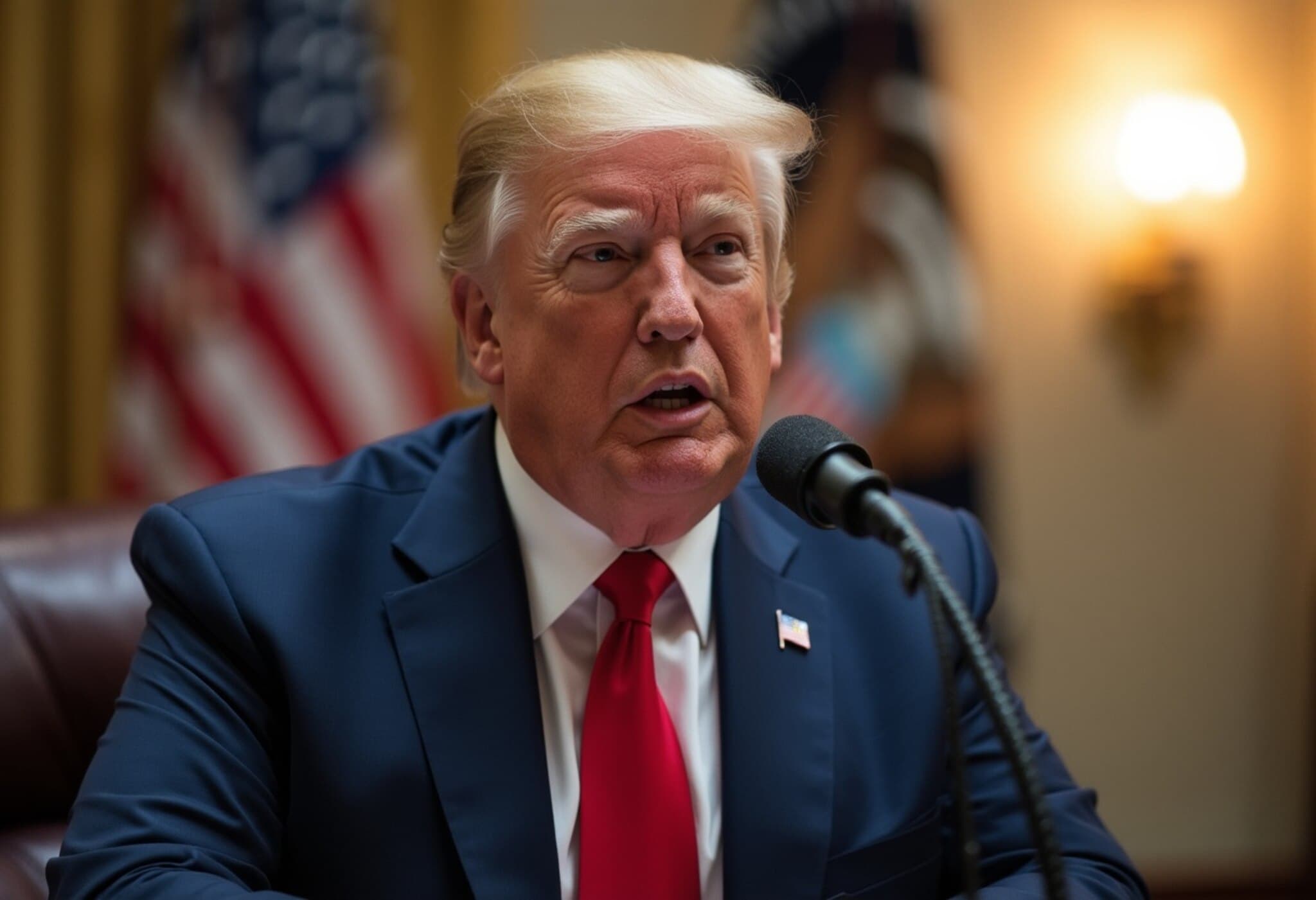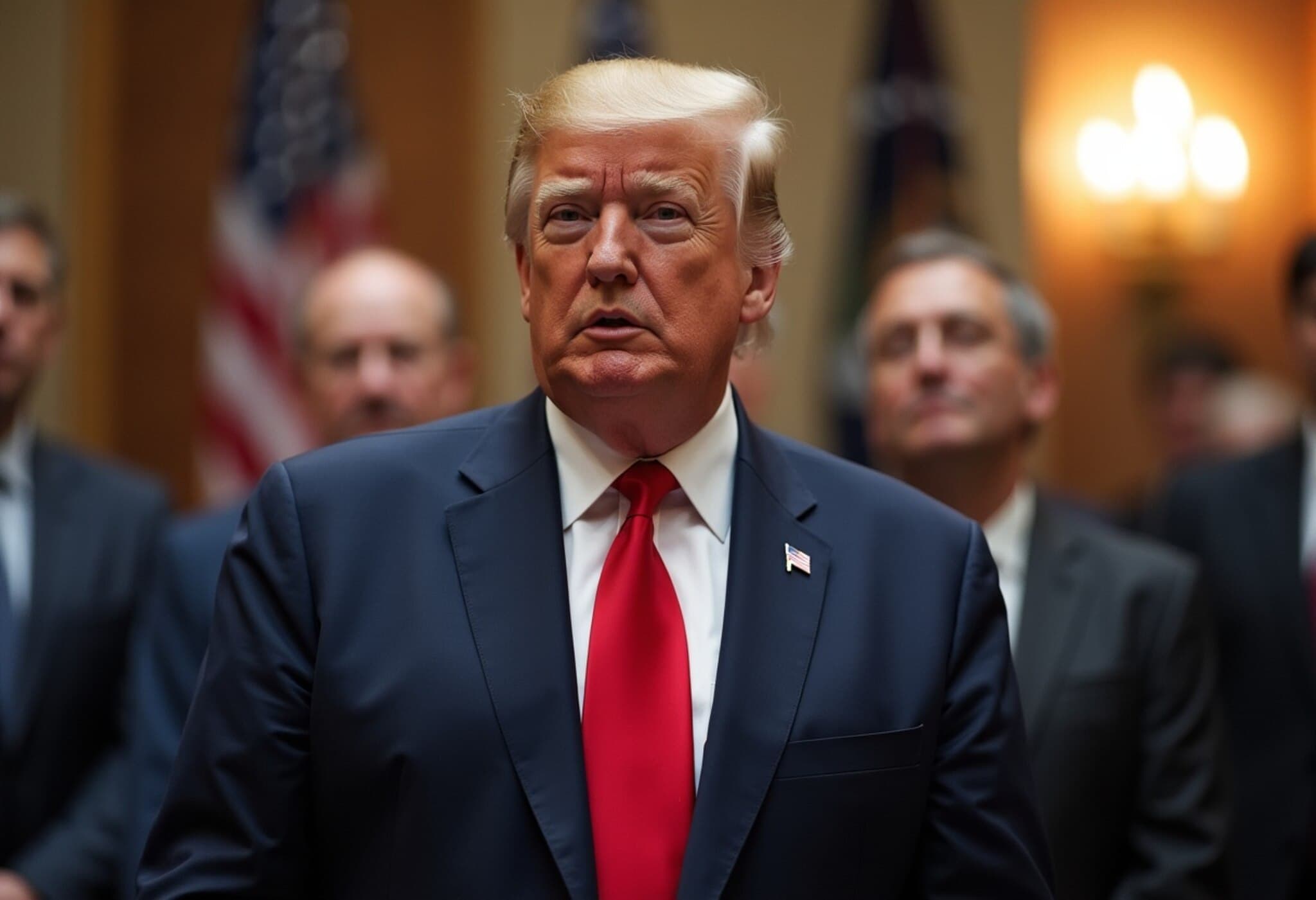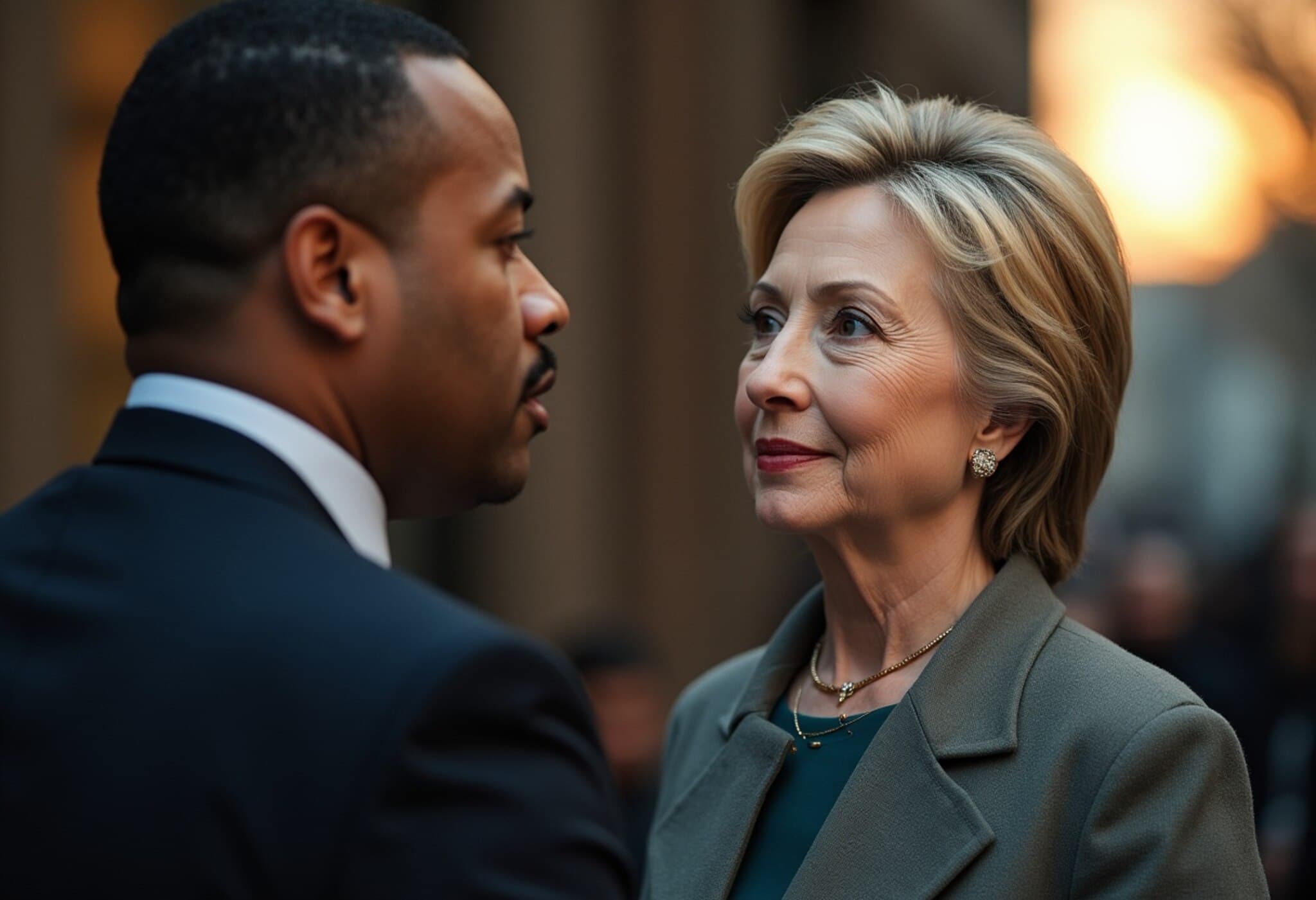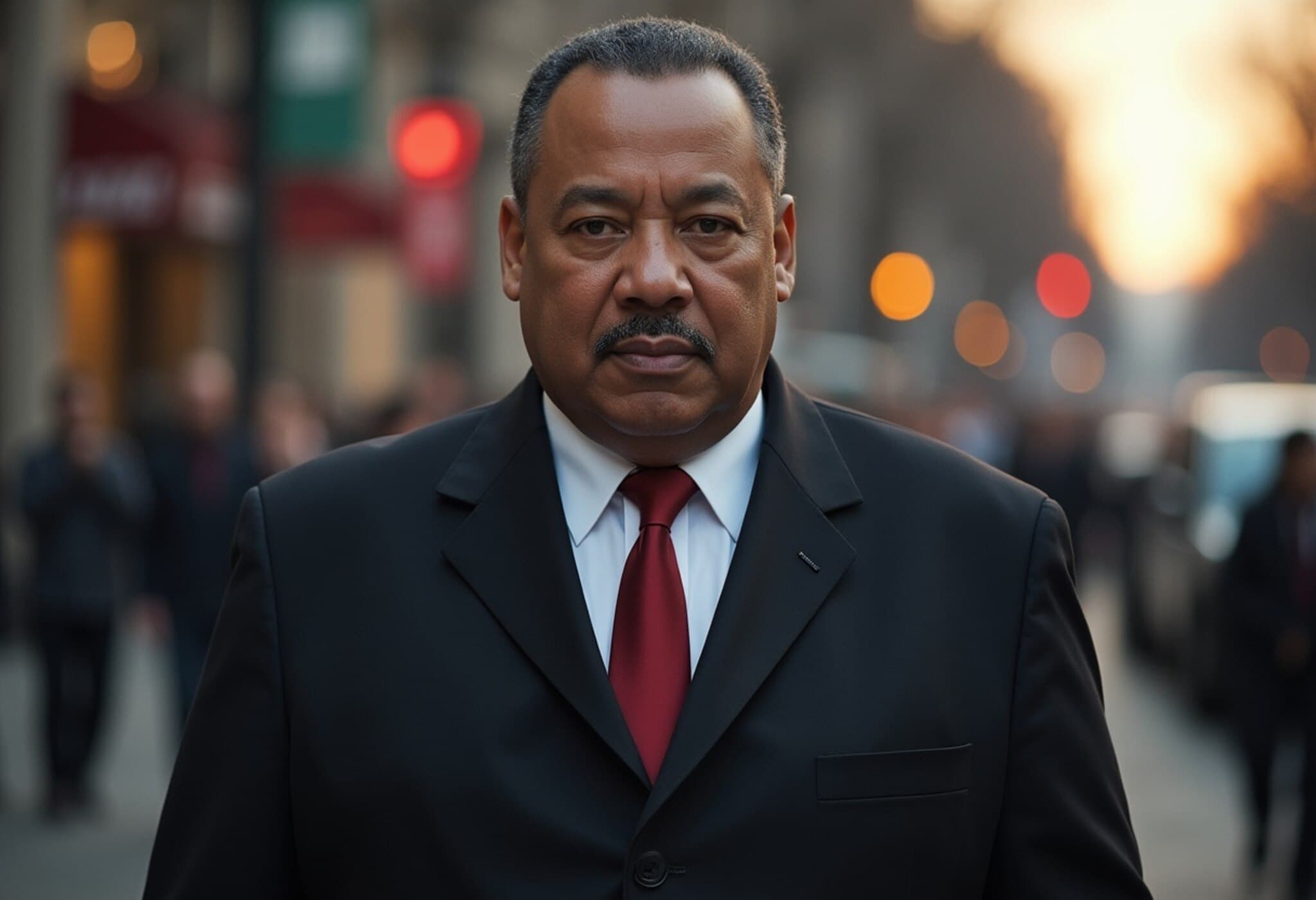Trump Administration Excludes Wall Street Journal from Presidential Scotland Trip
The Trump White House has taken a stern stance against the Wall Street Journal (WSJ) by barring the renowned publication from accompanying President Donald Trump on his upcoming trip to Scotland. This development follows a controversial article published by the WSJ concerning the late convicted sex offender Jeffrey Epstein.
Background: The Epstein Article Sparks White House Backlash
The catalyst for this exclusion is a WSJ article dated July 17, 2025, which alleged that President Trump sent Epstein a letter on his 50th birthday in 2003 that included sexually suggestive images. The piece further suggested that Epstein’s associate, Ghislaine Maxwell, had solicited letters from numerous Epstein acquaintances, including Trump, as part of a birthday tribute.
White House Press Secretary Karoline Leavitt condemned the article, describing the WSJ’s conduct as “fake and defamatory.” She emphasized that no media outlet, including the WSJ, is guaranteed unrivaled access to the Oval Office, Air Force One, or private presidential workspaces.
Reporter Tarini Parti Removed from Air Force One Pool
Despite not being a co-author of the contentious article, WSJ reporter Tarini Parti, originally slated to cover the presidential trip, was barred from Air Force One and excluded from the press pool. This move has sparked debate about press freedom and access, especially given that the White House has increasingly asserted control over media pool assignments.
Shift in Press Pool Control: From WHCA to White House Press Secretary
Traditionally, the White House Correspondents’ Association (WHCA)—an independent body—dictated which outlet news teams accompanied the president. However, this practice changed under the Trump administration when Leavitt dissolved this arrangement to unilaterally manage press pool selections, enhancing the executive’s leverage over media coverage.
Context: Previous Media Restrictions and Political Undertones
This exclusion reflects a broader pattern of strained relations between the Trump administration and certain news organizations. Earlier, the Associated Press faced prohibitions from Air Force One and the Oval Office after declining to recognize Trump’s renaming of the 'Gulf of Mexico' as the 'Gulf of America.' Such actions have raised important questions about the balance between media access and press accountability.
Trump’s Scotland Visit: Political and Economic Implications
President Trump’s journey to Scotland carries diplomatic and economic weight as he aims to advance US-UK trade negotiations. Moreover, the trip includes visits to several of his golf properties in the region, underscoring the intersection of business interests and political stature. The media coverage of these events is pivotal in framing public understanding and scrutiny.
Expert Commentary: Navigating Media Access and Accountability
From a media policy perspective, this episode highlights a critical tension inherent in democratic governance: maintaining a transparent and accountable presidency while ensuring fair and unfettered press access. Legal experts underline that while the government can regulate physical access to certain venues for security or protocol reasons, denying an entire news outlet based on editorial content risks undermining press freedom principles constitutionally protected under the First Amendment.
Furthermore, political analysts argue that such exclusions may inadvertently draw greater attention to the underlying controversial stories, potentially backfiring by fueling narratives about censorship and authoritarian impulses. For the public, these moves complicate the often delicate trust between the presidency, media, and citizenry.
What This Means for the Future of White House Press Relations
- Media Independence vs. Executive Control: The Trump era marks a shift toward increased executive discretion over media access, setting precedents that could influence future administrations.
- Press Pool Assignments: The bypassing of the WHCA’s role may erode long-standing norms designed to ensure a balanced media presence.
- Legal and Ethical Questions: The balance between protecting presidency’s image and respecting free press rights remains fiercely contested.
Editor’s Note
The barring of the Wall Street Journal from the presidential Scotland trip encapsulates the complex dynamics between media scrutiny and political power in America. It prompts vital questions: How far can a government go in restricting media access without infringing on constitutional rights? And in an era of heightened polarization, what measures can preserve both journalistic integrity and responsible reporting? As this story evolves, it offers an essential case study in the ongoing struggle for transparency and accountability at the highest levels of government.

